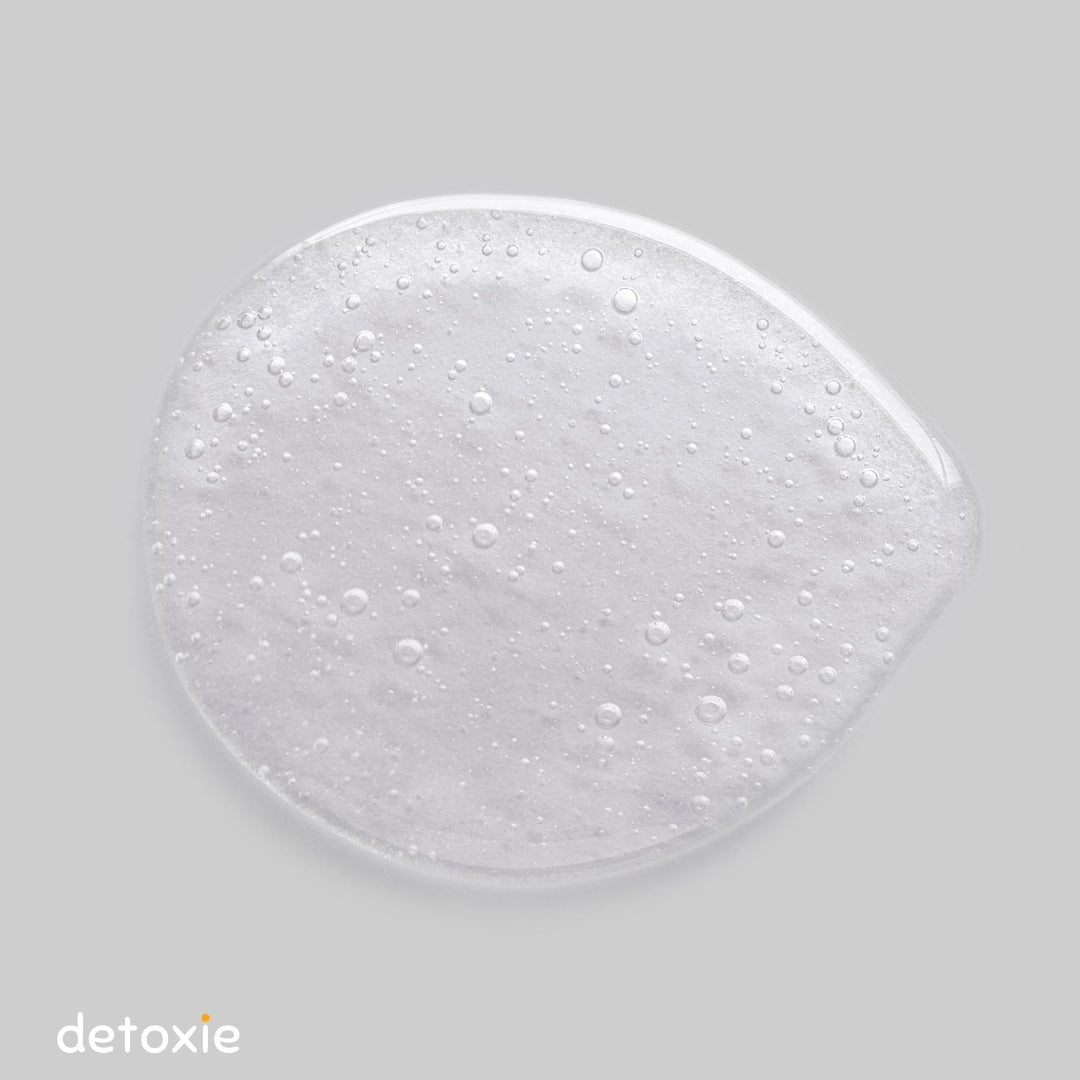Exposure to high levels of air pollution poses an imminent threat to human health. Watery eyes, difficulty in breathing, and allergies are some of the most immediate and common effects of air pollution. Microscopic pollutants present in the air can invade our respiratory and circulatory systems, causing severe damage to our lungs, heart, and brain. Research also shows that almost one-third of deaths worldwide from stroke, lung cancer, and heart disease is on account of elevated levels of pollution.
Here are some of the ways in which air pollution can impact your health:
1- Chronic inflammation
Toxic particulate matter and liquid droplets released from sources such as cars, factories, and power plants when inhaled can cause allergies. Once the pollutants enter deeper into the airways and the bloodstream, the body may trigger an inflammatory response. Chronic inflammation can eventually lead to serious health problems such as cancer and arthritis.
2- Skin damage
Air pollution is a public health emergency affecting every cell in the body including your skin. Pollutants can accumulate on the surface of your skin, leading to blocked pores and acne. Nanoparticles such as dust and soot can break down the collagen and cause your skin to become dry and dehydrated. Excessive exposure to pollutants can also increase antioxidants and melanin in your skin and result in hyperpigmentation.
3- Cardiovascular diseases
There is a direct relationship between exposure to air pollution and cardiac illnesses. Airborne pollutants can enter the bloodstream and irritate the arteries and cause them to harden. Prolonged exposure to air pollutants can impair the proper functioning of the heart and increase the risk of heart attacks, strokes, cardiac failure, and arrhythmias.
3- Neuropsychiatric complications
Air pollutants can have a damaging effect on the nervous system. The nanosized air pollutants can enter the central nervous system and activate immune responses, which can, in turn, trigger oxidative stress, cerebral dysfunction, and neurological disorders such as Parkinson’s disease.
4 - Respiratory disorders
Air pollutants can be extremely detrimental to your respiratory system. These pollutants can damage the lungs and trachea and also cause irritation in the respiratory tract. This directly increases the risk of respiratory disorders such as asthma and lung cancer.
Protecting yourself from pollution
The key to leading a healthy life is to identify the sources of pollution and take adequate measures to protect yourself from the harmful effects. For example, you can limit the time spent outdoors if the air quality level is alarming or use a mask to protect yourself.
You can counteract the effect of pollution on your skin by using specific anti-pollution skincare products. These products help in dislodging the impurities and dirt from your skin. They also strengthen the protective barrier of the skin so that the air pollutants cannot penetrate into the deeper layer of the skin.
It is important to have a regime to negate the impact of pollution on your skin. So, make it a point to include the right skincare products in your arsenal that can strengthen and protect your skin.






